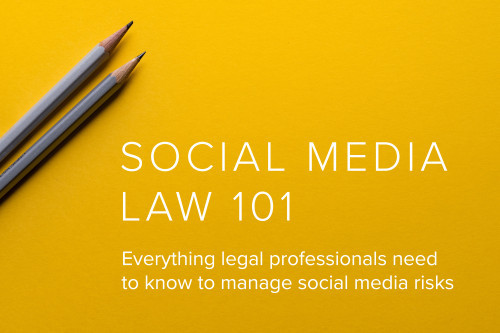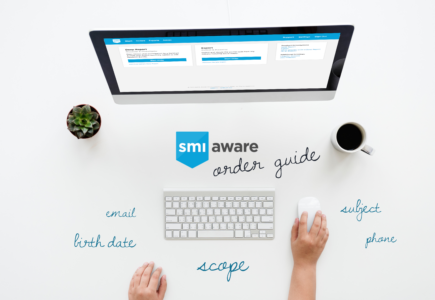This fall, it’s not just 20-somethings heading back to the classroom. Business leaders, HR professionals, and insurance agents are enrolling in social media law courses to stay ahead of legal risks.
Why? Because social media risks aren’t just a legal problem for individuals anymore — they’re a business problem, too.
Organizations without proactive leadership or clear social media policies leave themselves open to litigation, costly legal judgments, financial loss, and reputational damage.
You’d think this would be intuitive by now. After all, social media use is everywhere and shows no signs of slowing down. But many businesses are only now realizing how much is at stake.
Once, social media risks mostly revolved around employees using these platforms at work — problems that could be solved by blocking websites or writing office-use policies.
Today, it’s not so simple. Businesses use social media themselves, for:
-
Recruiting and screening job candidates
-
Marketing and maintaining an online presence
-
Communicating directly with customers and audiences
Each of these uses exposes your organization to legal risks if you aren’t aware of the laws governing them. What you post — or what your employees post — can be used against you.
And ignorance of the law? Unfortunately, that’s no defense.
Three Areas Where Business Social Media Use Carries Legal Risk
Hiring and screening candidates:
HR departments must follow strict guidelines, like those under the Fair Credit Reporting Act, when using social media to evaluate applicants. Violating these standards could lead to lawsuits.
Marketing and branding:
Your team must protect intellectual property, copyright, and trademarks — just like any marketing agency would.
Customer and audience communication:
Organizations must avoid defamation, protect privacy, and guard against fraud in online interactions.
These are just a few of the legal landmines. Social media law also touches:
-
Security
-
Trademark issues
-
Liability
-
Employee use at work
-
Evidence collection for litigation
Real-World Legal Consequences
Consider the case of Chipotle (2016): a manager asked an employee to delete tweets criticizing the brand. The employee refused — and was fired. But the court ruled the firing violated federal labor laws. Chipotle had to rehire and compensate the employee.
Or look at what happened at the Library of Congress (2009): an employee claimed his boss harassed him after discovering he’d “liked” a Facebook page supporting gay parenting. The case led to claims of discrimination.
Would your leadership team know how to navigate situations like these?
Specialized Research Requires Specialized Support
As experts in social media law and open-source intelligence, we support the business community as they take proactive steps to protect themselves.
But this is a complex, fast-moving field — and it’s not fair to expect your HR department, insurance agent, or manager to figure it out alone.
We’re here to help you gather credible social media evidence, navigate legal challenges, and build policies that reduce your risk.
Let’s talk about how we can help protect your organization’s reputation and bottom line.



